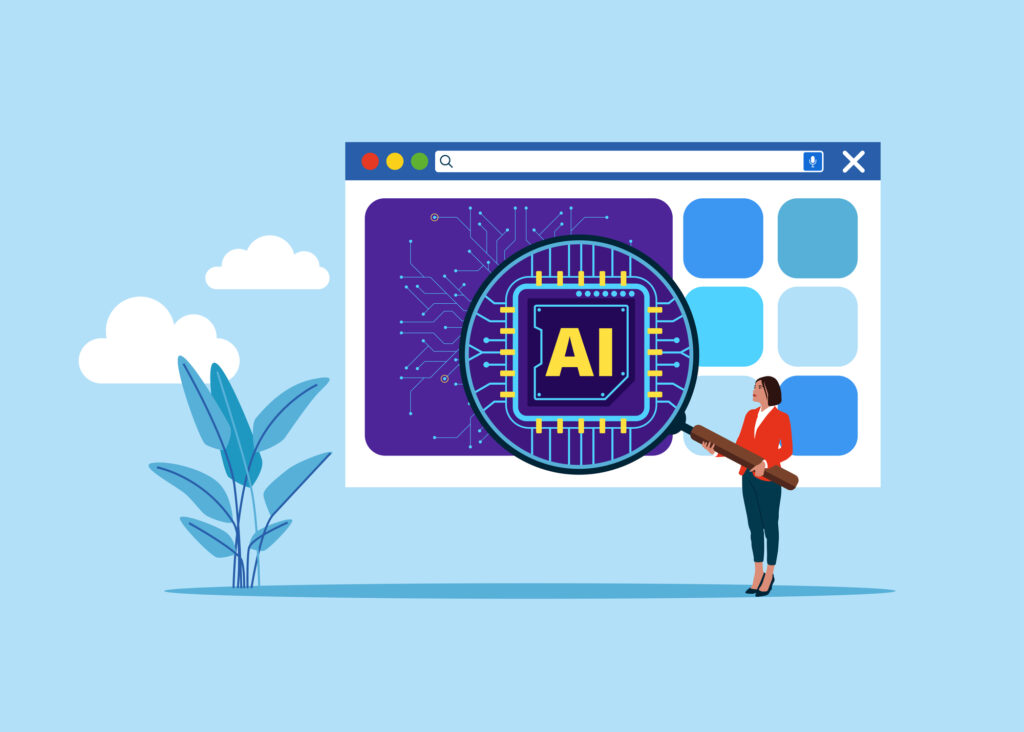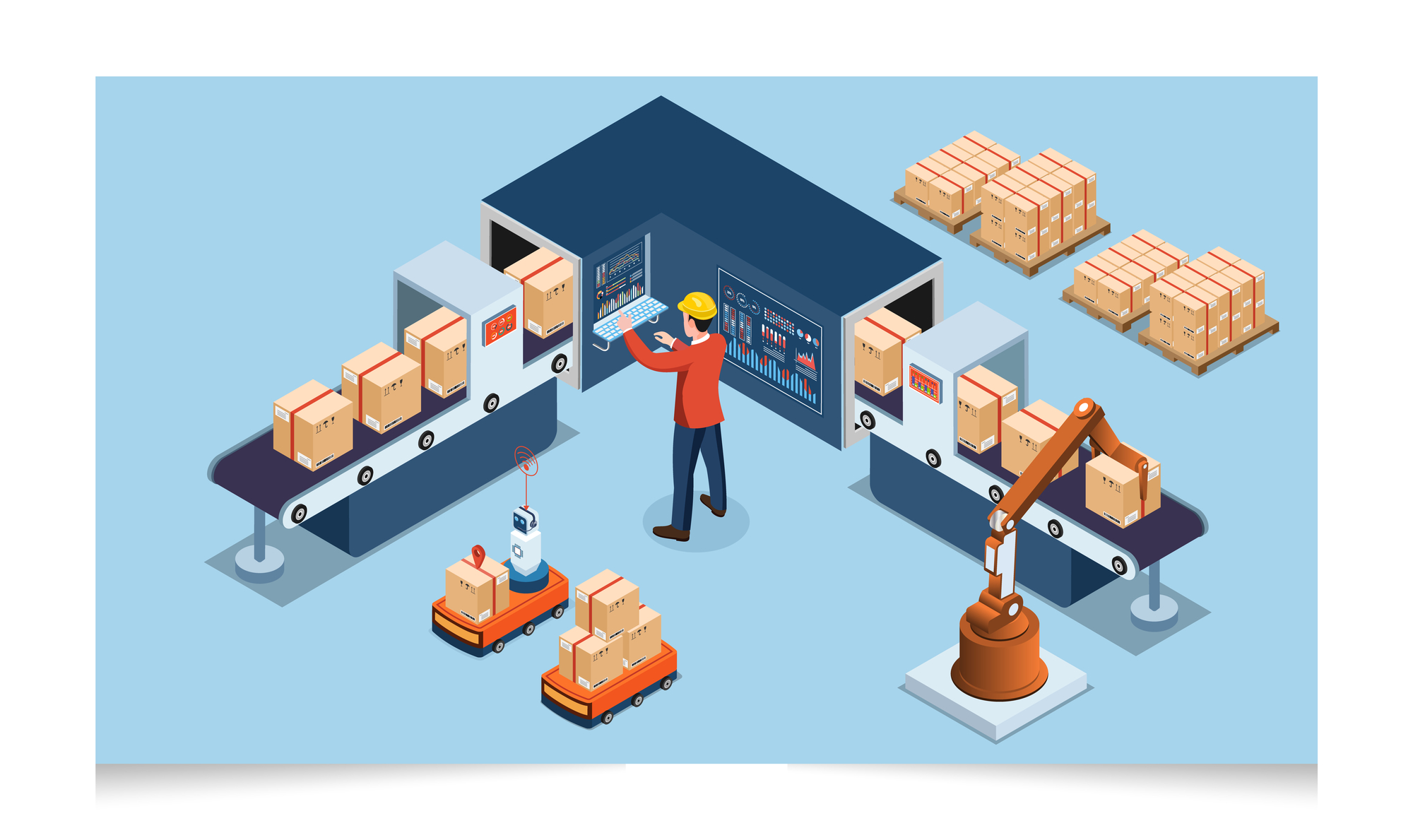In today’s fast-paced environment, artificial intelligence (AI) has become a game-changer for individuals and teams handling multiple projects. Generative AI (GenAI) tools are particularly noteworthy for their ability to automate repetitive tasks, generate content, and optimize workflows. Below, we explore some of the best GenAI tools to streamline your project management and daily tasks.
1. Content Creation
Jasper AI
Jasper is a top-tier GenAI platform designed for creating blog posts, social media content, and email campaigns. It offers:
- Pre-built templates for different types of content.
- Customizable tone of voice and style.
- Integration with Grammarly for polished output.
Writesonic
Writesonic simplifies content creation with tools for long-form articles, short ad copy, and more. Its affordability and user-friendly interface make it a favorite for small teams.
2. Code Assistance
GitHub Copilot
Developed by GitHub and OpenAI, Copilot is a virtual assistant for developers. It can:
- Suggest code snippets as you type.
- Generate entire functions or algorithms based on descriptions.
- Help debug and optimize code.
Tabnine
Tabnine is another AI-powered coding tool that integrates seamlessly with multiple IDEs. It’s particularly useful for:
- Autocompleting code with context-specific suggestions.
- Reducing keystrokes and improving coding speed.
3. Task Management
Notion AI
Notion AI supercharges Notion’s already powerful workspace platform by:
- Automating summaries of long texts or meeting notes.
- Generating checklists and task priorities.
- Providing quick answers to queries within your workspace.
Asana AI
Asana’s new AI features include project automation and smart task recommendations. It ensures that your team’s focus remains aligned with priorities by:
- Offering predictive suggestions for deadlines and assignments.
- Generating progress reports automatically.
4. Design and Creativity
Canva Magic Studio
Canva’s Magic Studio uses AI to:
- Generate design suggestions tailored to your project.
- Create unique graphics and edit existing designs.
- Provide AI-assisted copywriting for captions and headlines.
Runway
Runway is a favorite among video creators, offering features such as:
- AI-assisted video editing.
- Text-to-image generation for creative brainstorming.
- Object removal and automatic scene adjustment.
5. Data Analysis and Visualization
ChatGPT by OpenAI
ChatGPT is invaluable for:
- Generating scripts for data cleaning and preprocessing.
- Summarizing large datasets into actionable insights.
- Creating automated responses for data-related queries.
Tableau GPT
Tableau’s integration with GenAI allows users to:
- Automatically generate charts based on natural language prompts.
- Receive insights and trend analysis without manual input.
6. Customer Support
Zendesk AI
Zendesk AI enhances customer support by:
- Automating responses to common inquiries.
- Analyzing sentiment in customer feedback.
- Recommending ticket prioritization for agents.
Intercom’s Fin AI
Fin AI provides instant support for users, reducing the workload for support teams by addressing frequently asked questions with high accuracy.
Final Thoughts
From simplifying content creation to automating project management, GenAI tools are transforming how we work. Incorporating these tools into your daily project needs can save time, improve productivity, and reduce stress. The key is to select the ones that align best with your specific workflows and goals.
What GenAI tools are you using to elevate your projects? Share your experiences in the comments below!




